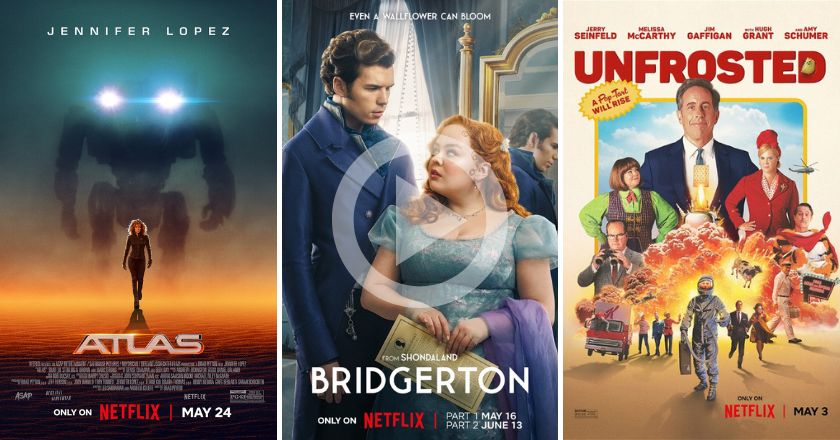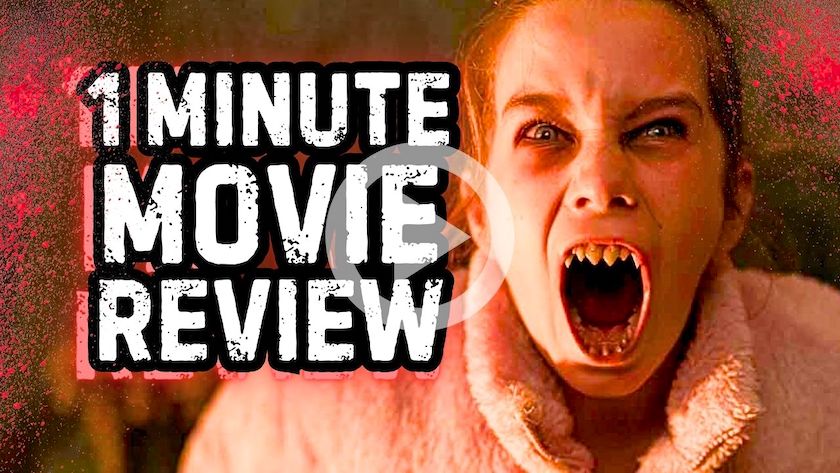
Down-and-out miners don’t seem like the usual fodder for a feel-good crowd pleaser, but the tried-and-tested cinema subject proves to be a hit in its latest outing, Pride. In the same vein as The Full Monty and Made in Dagenham, this warm-and-fuzzy film re-tells the story of the Lesbians and Gays Support the Miners (LGSM) movement in London.
Director Matthew Warchus sets the based-on-a-true-story scene in 1984 – Thatcher’s Britain – a time of great upheaval and protestation. She wanted to close down 20 pits across the UK, so understandably, the miners revolt. Upon hearing of their struggle, the equally tyrannised LGSM felt compelled to lend their support by shaking buckets up and down the streets of London collecting donations.
Spearheaded by cocky young Irish lad Mark Ashton (a stirring Ben Schnetzer; The Book Thief), the colourful characters pile into a flamboyant theatre bus (think Priscilla: Queen of the Desert) and descend on Onllwyn, Wales. The tiny coal mining village was the only member of the Union willing to accept the group’s money. Tough-as-nails traditionalist miners and LGBT protestors don’t seem like the likeliest of partners, and it takes a bit of getting used to one another for things to unfold, but in time the allies strike (excuse the pun) up an unlikely friendship built on resilience and fairness.
Pride boasts an all-star cast, predominately speaking in Welsh accents for authenticity. Veteran actor Bill Nighy (Love Actually) takes a bit of time to warm up to his Welsh lilt as gentle council chair Cliff, and mumbles his way through his early lines. However, bumbly is what Nighy does best, so you can almost excuse his attempts as character traits, and Andrew Scott (known for his chilling portrayal of Holmes’ arch nemesis Moriarty in BBC’s Sherlock) trades his native Irish tongue for Welsh to play sweet-natured, gay bookshop owner Gethin Roberts. The same goes for Paddy Considine (The World’s End) as union spokesman Dai Donovan, the first to embrace the support group wholeheartedly.

Dominic West (The Wire) is unrecognisable as blonde permed, eccentric actor Jonathan Blake (partner of Roberts), who is scene-stealing in a Saturday night dance routine. He turns the town hall into a disco, charming men and women alike with his cheeky groove to Shirley & Company’s “Shame, Shame, Shame”.
Imelda Staunton (Harry Potter) is superb as feisty council member Hefina Headon, the town matriarch who welcomes the LGSM bevy with open arms. Together with Jessica Gunning, as motor-mouth mum Sian James (who, in real life, went on to become the first female MP for Swansea East,) they are a formidable team, making it their mission to convert as many townsfolk into fellow campaigners as possible.
There’s a flip-side, of course, to the fun of this film. The threat of AIDS and gay bashings are ever present, and you just know that tag along LGSM supporter and audience surrogate Joe Copper’s (George MacKay) Christian parents are going to catch on to his sexuality eventually. Pride is a rollicking romp, with a Stephen Beresford-penned script that is as predictable and manipulative as it is delightful.
Stylistically, the film is a rainbow (yes, like the LGBT flag). 80s London is awash with colours and on-trend fashion, all shoulder pads, high hair and glitter. In contrast, the men and women of Onllwyn are as drab as their countryside, draped in dewy grey, white, black and brown. The soundtrack is foot-stomping, with dance floor classics from Culture Club, Queen, XTC and Pet Shop Boys.
This heart-warming Brit-flick is a rousing story about anti-establishment and the resilience of the underdog.
REEL SCORE: 7/10







